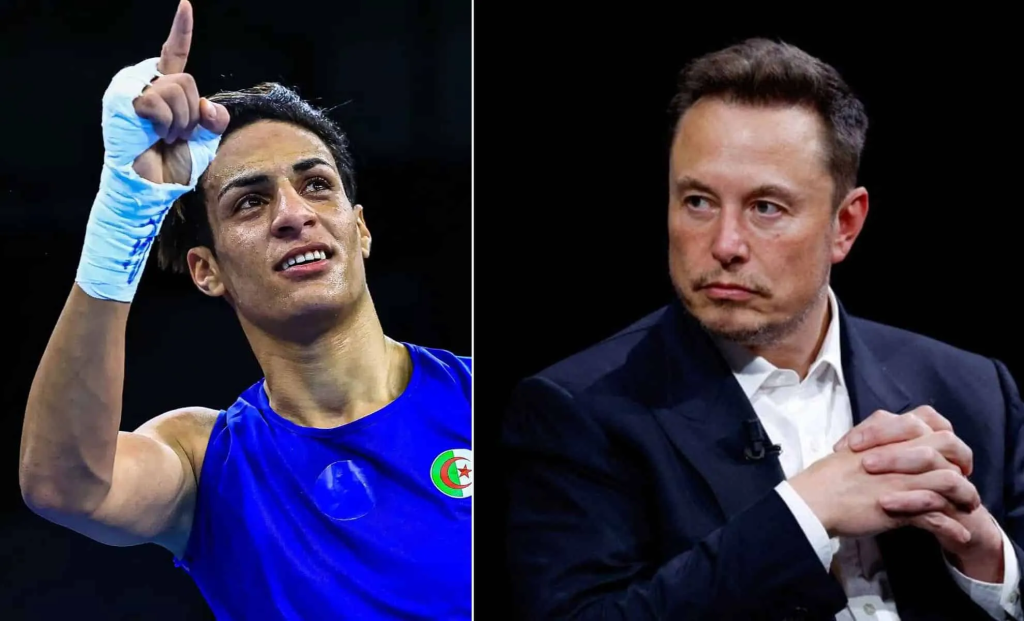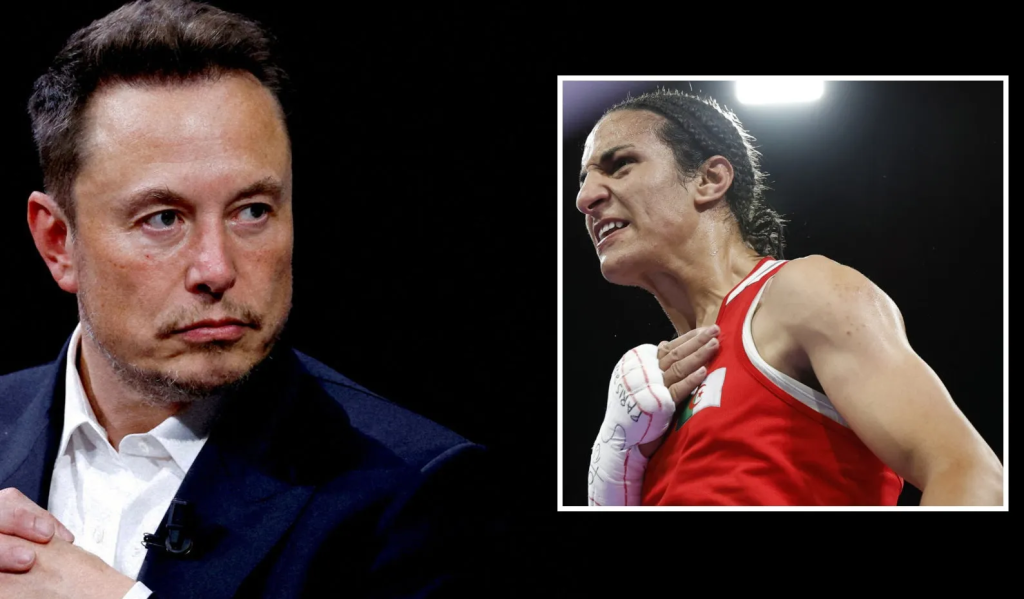
Elon Musk, the billionaire CEO of Tesla and SpaceX, has once again stirred controversy with his recent call to boycott male athletes who participate in women’s sports. Using his powerful platform on social media, Musk voiced his strong opposition to the inclusion of transgender athletes, particularly those who were assigned male at birth, competing in women’s competitions. In his statement, Musk described this as a form of “blatant cheating” and urged for strict penalties to be imposed on male athletes who participate in female sports events. His comments have sparked intense debates, reigniting ongoing discussions around the topic of transgender inclusion in sports, particularly when it comes to the fairness and integrity of women’s athletics.

The billionaire entrepreneur is no stranger to making bold, controversial statements, particularly regarding social, political, and scientific issues. Musk’s remarks on this subject have quickly garnered widespread attention, with a surge of reactions from both supporters and critics. Supporters of Musk’s view argue that biological differences between males and females give male athletes an inherent advantage in certain physical aspects, such as muscle mass, strength, and endurance. They assert that this gives an unfair edge to transgender women in female sports, undermining the essence of competition and creating an unlevel playing field. They further emphasize that scientific research supports their concerns, highlighting physical attributes like bone density and overall athletic performance, which they argue cannot be overlooked in the context of competitive sports.
On the other hand, opponents of Musk’s viewpoint accuse him of perpetuating discrimination and transphobia. Advocacy groups for transgender rights have condemned his statements, arguing that sports should not be reduced to just physical performance but should also reflect values of dignity, respect, and equal opportunity for all athletes. They believe that the inclusion of transgender individuals in sports is crucial for promoting diversity and equality, allowing everyone to compete based on their gender identity, not just biological sex.

Musk’s criticism of transgender participation in women’s sports has escalated the debate, as he called for governing bodies to impose strict sanctions on athletes who participate in a way he deems as “unjust.” He argues that the participation of biological males in women’s sports is tantamount to cheating, and therefore should be penalized as such. This kind of statement adds a new layer of controversy to an already hotly debated issue, and Musk’s vast influence is likely to amplify its impact. His comments have the potential to shape public opinion, mobilize like-minded individuals, and possibly even pressure sports organizations to reconsider their policies on transgender participation.
This issue is not a new one; it has been the subject of heated debates for several years, with numerous high-profile cases escalating the controversy. Instances where transgender athletes, particularly transgender women, have outperformed their female counterparts in competitive events have intensified the calls for policy reforms. Critics of transgender participation argue that these athletes may have an unfair advantage, leading to the suggestion that changes need to be made to ensure women’s sports remain competitive and equitable. Musk’s public endorsement of a boycott, however, adds an extra layer of urgency to the matter, highlighting the need for more concrete action to address the issue.
Despite facing a backlash, Musk seems undeterred in his stance. His history of engaging in polarizing debates, particularly on topics like free speech, political correctness, and the application of scientific reasoning, shows his willingness to challenge popular opinions, even when they are unpopular. This is not the first time Musk has made statements about gender and scientific issues that have sparked controversy. His remarks on transgender athletes follow a broader pattern of questioning what he perceives as politically-driven narratives and advocating for a more scientifically grounded approach to policy-making.
Some sports organizations have already moved to address the concerns raised by critics of transgender participation. For example, World Athletics and FINA, two international sports bodies, have recently implemented policies that restrict the eligibility of transgender athletes in elite women’s competitions. These organizations argue that the policies are necessary to maintain fair competition and to ensure the integrity of women’s sports.
However, Musk’s intervention in the debate has given the conversation even more weight. As one of the most influential figures in the business and tech world, his comments have captured the attention of many, especially considering his history of challenging the status quo. Whether his call for a boycott will gain significant traction or influence major changes in sports policy remains to be seen, but it is clear that his voice is adding momentum to an already contentious issue.
Critics of Musk’s proposed boycott warn that such an action could have unintended consequences. They argue that penalizing athletes for participating in women’s sports would hurt all competitors, including those who are simply following the rules and seeking to compete at the highest level. Instead of focusing on exclusion, these critics believe the focus should be on creating fairer, more science-based regulations that level the playing field for everyone, regardless of gender or biological sex.
Proponents of Musk’s perspective, however, believe that biological women should be entitled to fair competition in women’s sports and that their opportunities should not be undermined by policies that accommodate male-born competitors. They see Musk’s remarks as a necessary push for reform, one that will ensure that women’s sports maintain their competitive integrity and provide a fair and equitable environment for female athletes.
Musk, known for his ability to question mainstream narratives, has built his reputation on advocating for logical, science-based policies. His comments regarding transgender athletes in women’s sports are in line with his broader stance of challenging what he believes to be politically-motivated agendas.
As for the response from sports organizations, it has been mixed. Some have chosen to remain silent on the matter, while others have reaffirmed their commitment to inclusivity, stressing that policy changes must be based on scientific evidence and fairness for all athletes, irrespective of gender identity. The debate over the inclusion of transgender athletes in women’s sports will likely continue to evolve, and it remains to be seen whether Musk’s call for a boycott will lead to any tangible policy changes.


